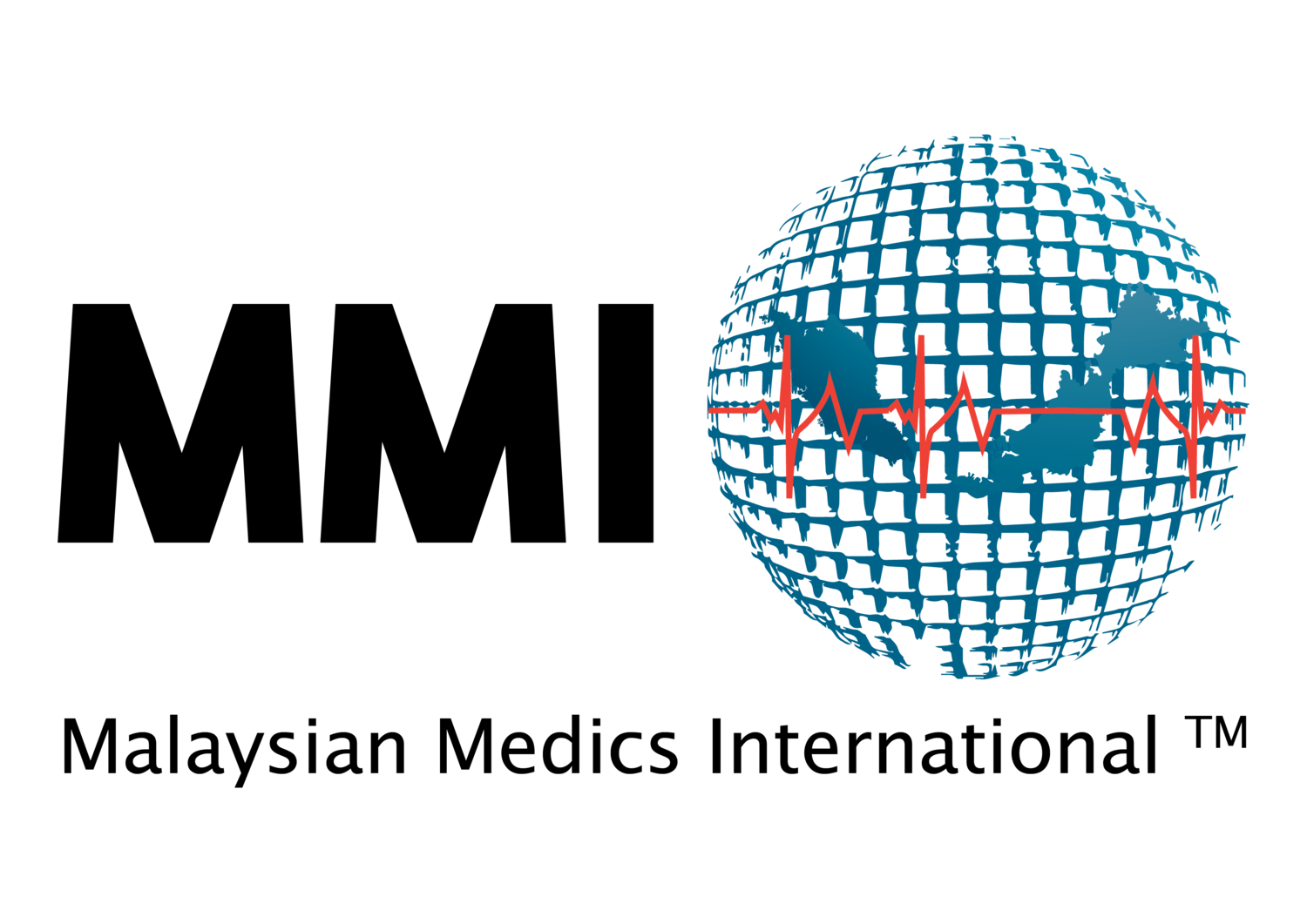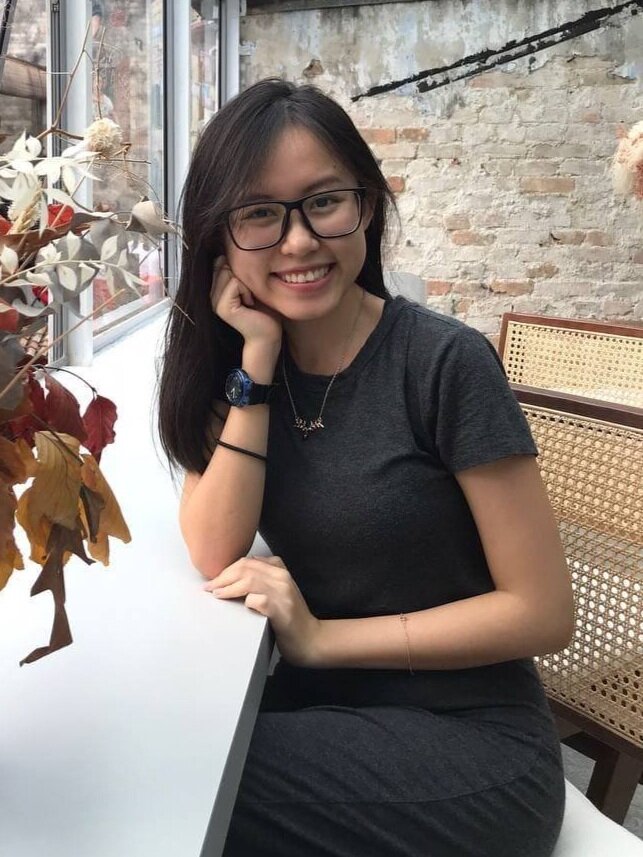“If I Had Known That There Would Be This Many People, I Wouldn’t Have Come”
Covid-19 Survivors #1
This publication is in conjunction with MMI Covid Taskforce Project. Information regarding the project can be found at @mmi_social on Instagram or HERE on our website.
We celebrated a birthday on December 19th. It was a Saturday night, and as birthday dinners typically go, it was loud and lively. This was a crowd I wasn’t too familiar with. I was my boyfriend’s ‘plus-one’, and even the celebrant of the evening was a friend of a friend. We had a private room at the restaurant. It was a private party; 30 people with the buzz of alcohol, and the reverberating playback of the karaoke machine. Truthfully, if I had known that there would be this many people, I wouldn’t have come. Already not too keen on the singing and celebrations, I quietly passed on sipping from the same bottles that were going around.
We had our masks on, of course, but only until dinner was served.
The next week, I got a text from my boyfriend and learned that someone from our party that night had tested positive for COVID-19. I was in disbelief. Desperate for some form of direction or guidance, I remember thinking, ‘What do I do now?’. Common sense took over and I made a call to Human Resources in my office to inform them of the situation. Then I headed to a private hospital to get tested.
I was at home quarantining on the third floor, away from my parents, when I received that one dreaded phone call. I was told that the results were positive, and my details had been forwarded to the Ministry of Health (MoH) for further action. A doctor from the MoH called me shortly after and asked about my condition and symptoms. I had been feeling tired lately with a slightly dry throat, but I blamed it on my long days at work and the hot weather. Apparently not, as was evident by the seemingly mocking positive COVID-19 result.
Later, I received another call from a private number. She introduced herself as a representative from the MoH. There were endless questions, and even repeated questions, about my workplace and the hospital I had gotten tested at. She then asked for a screenshot of my MySejahtera app check-in history.
The never-ending questions ceased when she informed me that I would now need to be checked-in to the quarantine centre and that an ambulance would come for me in the next three days. I spent the remainder of my home quarantine days separated from my parents, who thankfully tested negative, and was overcome with anxiety in anticipation of the ambulance that was promised to come between “one to three days”.
The day after Christmas, I received a call from yet another unfamiliar number. ‘Send me your location,’ a male voice demanded. I asked what this was about, and he said that it was the ambulance. I asked if he already had my address, and he said he did, but sending him my location would help him find his way to me quicker. A bit wary of the call, I decided to hold off sending my location, but in case it truly was the ambulance, I took a shower and prepared to leave.
I got out of the shower to a missed call from the same number. He called once more and this time I answered. ‘Send me your location!’ he huffed. So, I sent my location via WhatsApp to a private number of a man who claimed to be the ambulance sent from the Ministry of Health.
The ambulance arrived 45 minutes later. I lugged my bags on board and shared the cabin with two other individuals who, like myself, had tested positive for COVID-19.
I finally arrived at the quarantine centre and immediately noticed the army personnel patrolling the grounds, effectively portraying the message that this was not a situation to be taken lightly. At the check-in counter, I told the nurse the exact date my first symptoms appeared and with that, she explained that I was to be quarantined for 10 days from said date.
I was expecting to be given a pink wristband like the rest of the patients, but I was never given one. They then led me to my room and showed me my bed: a grey and musty mattress where I was to sleep for 10 days in the suffocating heat. Though the room had windows, there were no curtains. Our only relief from the incessant sun was paper taped to the windowsill. Through handling these small inconveniences, we gained a lot of quaint wisdom. As the sun rose higher in the sky each day, we would orient and reorient ourselves in hopes of shielding our bodies from its scorching heat.
On the day of my discharge, my parents arrived at the quarantine centre in two cars. I had requested for this, specifically, and I drove one of them home on my own while they took the other. While on the drive home, and throughout the duration of my admittance in the quarantine centre, I remained profoundly aware of my privilege. I had the luxury of driving a separate car back to my house, and my own space at home to remain quarantined, away from the rest of the family. Many, most likely, do not.
I am now safe at home. Life is regaining normalcy and I am waiting to regain my sense of smell. This year has allowed me to have more time to myself. I am grateful for that, and though a bit sceptical, I still am eager to see better days. Meanwhile, I will be dutifully sipping on boiled tonics, courtesy of my amazing parents, and focusing on getting better each day.
About the author
Interviewed and written by Ooi Yen Ming. Yen Ming is a first-year medical student who enjoys all conversations but takes a particular delight in the unusual. She is well-spoken, gentle, and calm— except when she’s panicking.
Consent has been obtained from the interviewee for the purpose of this publication. The author has rewritten the article with permission from the interviewee.
Humans of Medicine is a new initiative under MMI. We tell inspiring stories behind portrait shots of our everyday unsung heroes. Curated by Malaysian medical students from home and abroad.
If you have a story you would like to share, please reach out to us at admin@malaysianmedics.org.


